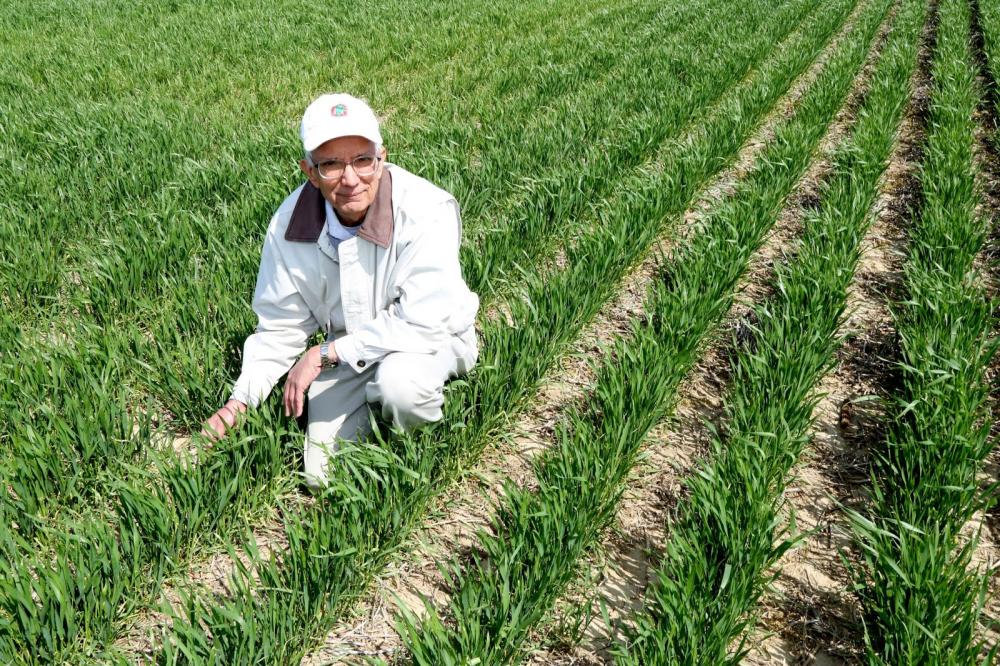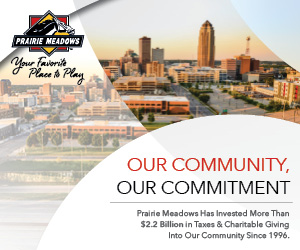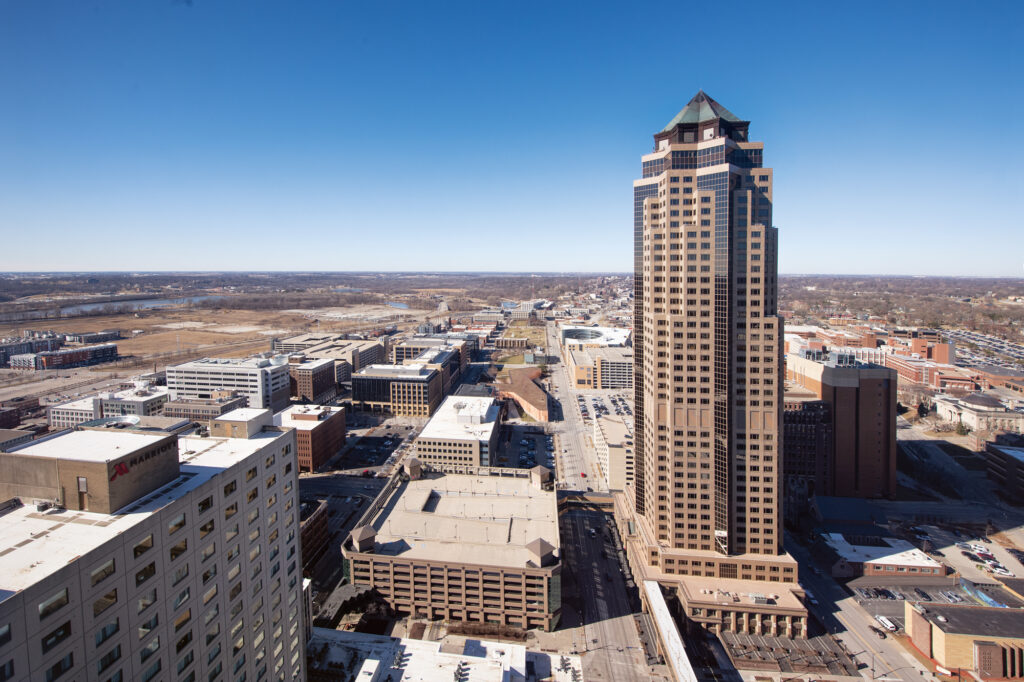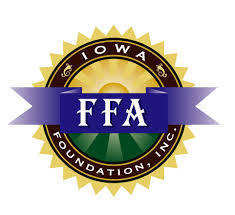World Food Prize, Iowa Hunger Summit: What you need to know

MICHAEL CRUMB Oct 27, 2020 | 3:45 pm
3 min read time
617 wordsAll Latest News, Arts and Culture, Iowa Stops HungerRattan Lal, the 2020 World Food Prize Laureate is pictured working in a field in. Lal, distinguished professor and director of the Carbon Management and Sequestration Center at Ohio State University, is considered a pioneer in soil health science. Photo submitted by the World Food Prize Foundation
If you didn’t get a chance to attend this year’s World Food Prize Foundation Borlaug Dialogue or the Iowa Hunger Summit, here’s what you may have missed.
1: The Borlaug Dialogue, held the week of Oct. 12-16, honored Dr. Rattan Lal as the 2020 World Food Prize Laureate. Lal, a distinguished professor of soil science and director of the Carbon Management and Sequestration Center at Ohio State University, has been called a pioneer in soil health science, promoting the importance of soil health in the effort to combat hunger worldwide and fight climate change. You can see the ceremony honoring Lal here.
2: The week started with Lal and former Vice President Al Gore participating in a discussion about soil health and climate change, where they stressed the role carbon sequestration and restorable agriculture can play in combating food insecurity. During the session, Lal and Gore both expressed support for the adoption of a Healthy Soil Act, with Lal saying you can’t have clean air and clean water without healthy soil.
3: Throughout the week, various panel discussions and break-out sessions were held on topics such as establishing carbon markets, transforming and building a more resilient and sustainable food system for the world, innovation in global food systems, and food security, among many others.
4: The week ended with King Abdullah II ibn Al Hussein of Jordan saying world food systems need to be recalibrated with stronger regulatory and policy frameworks and investments in agritech and research. “Coordination is essential to prevent the global crisis of hunger and malnutrition that could occur if we aren’t ready for new pandemics and crises in the days ahead,” he said. King Abdullah said the Middle East was home to the first agricultural revelation 10,000 years ago when humans first began to grow and trade crops. “Innovations they made liberated early humankind to look to the future. Today we need to act no less boldly and look to our own future.” He went on to say, “we have a responsibility to safeguard today’s fields and farms and harvests. It is up to us to plant new seeds so future generations can live and thrive. God willing, your work will result in a worldwide harvest, a safe and nutritious food supply that is sustainable, affordable and good for the environment, and accessible. We must keep working together if we wish to succeed.”
5: The Iowa Hunger Summit was held the following week, Oct. 19-21, to discuss hunger and food insecurity in Iowa. Panel discussions and breakout sessions with various experts and resources were offered that included conversations on the importance of racial equity in our food system and the effects of the coronavirus pandemic on hunger and food insecurity. It included a compilation of resources and initiatives that support increased food security and the opportunity to gain a greater understanding of the challenges and barriers Iowans face. The Business Record hosted a panel discussion on Oct. 20, which included Georgia Van Gundy, executive vice president, chief customer and talent officer for Hy-Vee Inc., Angela Walker Franklin, president and CEO of Des Moines University, Bob Riley, chairman of Riley Resource Group, Jeff Russell, president and CEO of Delta Dental, and Daniel Hoffman-Zinnel, CEO of Proteus Inc. Business Record Publisher and Executive Editor Chris Conetzkey moderated the discussion.
Iowa Stops Hunger is a yearlong Business Publications Corp. initiative to bring awareness and action to food insecurity in Iowa. Read additional stories on Iowastopshunger.com.











